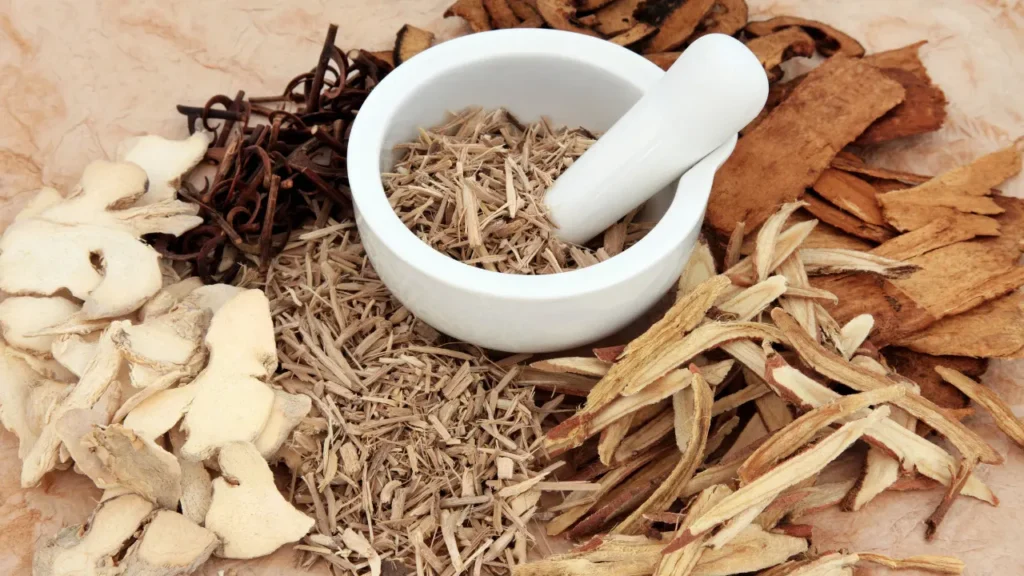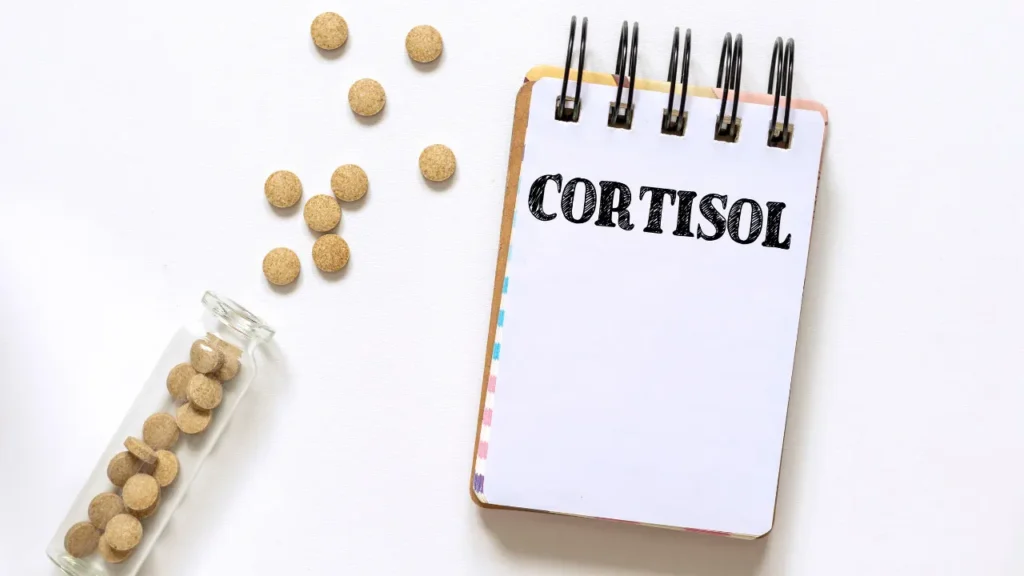The herbaceous plant oatstraw (Avena sativa), originally from the Mediterranean region but now grown all over the world, is a member of the Poaceae family. In traditional medicine, oatstraw has a long history of use due to its medicinal benefits, particularly in the management of nervous system problems. Oatstraw has been more well-known as a natural nootropic supplement in recent years, largely due to its capacity to improve alertness, focus, and cognitive performance. This page tries to give a thorough review of oatstraw, including its nature, health advantages, recommended dosage, possible adverse effects and drug interactions, as well as other helpful details regarding the most responsible use of this nootropic supplement.
You May Also Like:
Horbaach Lion’s Mane Mushroom Extract Reviews: A Leading Herbal Nootropic Product
Oatstraw: Benefits, Dosage, Side Effects, Drug Interactions, And Other Important Information is an original (NootropicsPlanet) article.
Nature of Oatstraw
The stem, leaves, and blooms of the oat plant are referred to as “oatstraw.” The oat plant is an annual grass that can reach a height of 1.5 metres. It has small, unnoticeable blooms and long, narrow leaves. Oat grains are produced by the oat plant and are frequently eaten as a cereal grain or used to make muesli and other oat-based products.
Oatstraw has a variety of bioactive substances that support its medicinal qualities, such as alkaloids, flavonoids, saponins, and phenolic compounds. Avenanthramides, which are only present in the oat plant and are well known for their antioxidant and anti-inflammatory properties, are one of the main bioactive substances present in oatstraw.
Health Benefits of Oatstraw
Oatstraw has long been utilized in traditional medicine for its healing qualities, particularly for its capacity to reduce anxiety and improve mental function. Recent scientific studies have verified many of the oatstraw’s customary use and revealed many health advantages to its use.
Improvements in Cognitive Function
It has been demonstrated that oatstraw improves memory and concentration in particular. A single dose of oatstraw extract enhanced cognitive function and response speed in healthy people, according to a study that appeared in the Journal of Alternative and Complementary Medicine. Another study indicated that regular use of oatstraw extract enhanced cognitive performance and decreased the risk of cognitive decline in older persons. It was published in the Journal of Nutrition, Health, and Aging.
Lessening of Stress and Anxiety
Oatstraw can help lessen tension and anxiety since it has a relaxing impact on the nervous system. According to a research in the Journal of Herbal Medicine, oatstraw extract helped healthy adults feel less anxious and had better moods. Oatstraw and valerian root combined, according to a different study in the Journal of Clinical Psychopharmacology, helped individuals with generalized anxiety disorder feel less anxious and sleep better.
Enhancing Heart Health
It has been demonstrated that oats are good for the heart, especially in lowering cholesterol and lowering the risk of cardiovascular disease. Oatstraw extract lowers LDL and total cholesterol levels in healthy persons, according to a research in the European Journal of Clinical Nutrition. Oatstraw extract decreased the risk of cardiovascular disease by enhancing endothelial function, according to another study that was published in the Journal of the American College of Nutrition.
Effects of Antioxidants and Anti-Inflammatory Medicine
Avenanthramides, which are abundant in oatstraw and have strong anti-inflammatory and antioxidant properties. According to a study in the Journal of Agricultural and Food Chemistry, vitamin E was outperformed by avenanthramides from oatstraw extract as an antioxidant. Oatstraw extract decreased inflammation and oxidative stress in healthy people, according to another study that was published in the Journal of Nutrition and Metabolism.

Chemistry of Oatstraw
A member of the Phocaea family, oatstraw is also known as Arena sativa. Herbal treatments, including oatstraw supplements, are frequently made from the aerial portions of the oat plant, including the leaves, stems, and seeds.
Numerous biologically active substances, such as spooning, flavonoids, alkaloids, and phenolic acids, can be found in oat straw. These substances are regarded to be in charge of oatstraw’s medicinal effects, which include its capacity to boost mental performance, lessen stress and anxiety, and enhance heart health.
Avenanthramides, a class of phenolic compounds with antioxidant and anti-inflammatory properties, are one of the most significant active components in oatstraw. Avenanthramides are a promising drug for the treatment and prevention of cardiovascular disease since studies have shown that they enhance endothelial function, lower blood pressure, and limit the growth of atherosclerosis.
Physiological Mechanisms of Action of Oatstraw
Oatstraw works by modulating various physiological pathways in the body, including the nervous system, cardiovascular system, and immune system. The exact mechanisms of action of oatstraw are not fully understood, but several theories have been proposed based on the available scientific evidence.
One theory suggests that oatstraw may enhance cognitive function by increasing the levels of certain neurotransmitters in the brain, including dopamine, norepinephrine, and acetylcholine. These neurotransmitters are involved in regulating mood, attention, and memory, and increasing their levels may improve cognitive function.
According to another idea, oatstraw may lessen anxiety and stress by controlling the amount of cortisol, a hormone that is secreted in reaction to stress. Some detrimental health effects, including decreased cognitive function, an increased risk of anxiety and depression, and cardiovascular disease, are linked to high cortisol levels. Oatstraw may aid to lessen the damaging effects of stress on the body and brain by lowering cortisol levels.
Oatstraw may also strengthen the heart by raising the body’s nitric oxide levels. The endothelial cells that line blood arteries create nitric oxide, a gas that is essential for controlling vascular function. Oatstraw may assist to increase nitric oxide levels, which could enhance blood flow, lessen

Optimal Dosage of Oatstraw
Age, weight, and overall health are just a few of the variables that affect the ideal oatstraw dosage. Oatstraw does not have a standard dosage, however the majority of studies point to a range of dosages that are generally secure and productive.
A single 800 mg dose of oatstraw extract, for instance, was employed in a study that appeared in the Journal of Alternative and Complementary Medicine to enhance cognitive function in healthy people. A dosage of 1,600 mg of oatstraw extract per day was employed in a different study that appeared in the Journal of Herbal Medicine to lower anxiety and elevate mood in healthy people.
It is crucial to remember that oatstraw supplements may be available in a variety of formats, including capsules, powders, and tinctures, and may include varying amounts of active ingredients. To determine the proper dosage for a person’s particular needs and health situation, it is crucial to adhere to the manufacturer’s recommendations and seek advice from a healthcare professional.
Side Effects of Oatstraw
When used in the recommended quantities, oatstraw is usually regarded as safe for consumption and does not have any significant side effects. However, a small number of people could have moderate side effects like nausea, headaches, or allergic reactions.
Oatstraw supplements should not be taken by people who are on certain medications, such as blood thinners or diabetes medications, as they may interfere with oatstraw. People who are taking these medications should speak with their doctor before using oatstraw supplements.

Potential Substance Interactions with Oatstraw
Various things, such as meals, supplements, and medications, may interact with oatstraw. Oatstraw, for instance, may intensify the effects of sedatives or depressants, therefore people who are taking these drugs should exercise caution when taking oatstraw supplements.
Oatstraw may also interact with specific foods or supplements like cinnamon or chromium that contain substances that alter blood sugar levels. Before taking oatstraw supplements, those with diabetes or other blood sugar issues should speak with a doctor.
Best Responsible Use of Oatstraw
Supplements made from oat straw can be a helpful tool for people who want to improve their overall health and well-being, boost cognitive performance, and reduce stress and anxiety. Oatstraw supplements should be used carefully and in accordance with suggested dosages, nevertheless.
Before taking oatstraw supplements, people should always talk to a doctor, especially if they have a medical condition or are taking medication. Additionally, it’s critical to buy oatstraw supplements from reliable vendors and to utilize them in accordance with their usage guidelines.
Oatstraw:
Conclusion
Oatstraw, in all of its wonder, shows a promising natural option for those looking to enhance cognitive abilities and manage stress, thanks to its bioactive components like avenanthramides. As research unfolds, the benefits of this versatile herb extend beyond traditional uses, offering potential improvements in heart health and anti-inflammatory responses.
However, it is important to consult a healthcare professional before incorporating oatstraw into your regimen, particularly for those on medication or with pre-existing conditions. Ultimately, responsible usage of oatstraw, backed by scientific understanding and clinical advice, can help maximize its health benefits while ensuring safety.

References:
- Nootropics Expert. (April 20, 2024). Oat Straw.
Retrieved from: https://nootropicsexpert.com/oat-straw/ - Curology. (Jul 6, 2023). Oat Straw Extract Benefits, According to the Experts.
Retrieved from: https://curology.com/blog/oat-straw-extract-benefits-according-to-the-experts/ - ByNyk. (January 16, 2024). The Wonders of Oatstraw Extract Tea Infusions: Benefits for You.
Retrieved from: https://www.bynyk.com/blog/the-wonders-of-oatstraw-extract-tea-infusions-benefits-for-you
Important Note: The information contained in this article is for general informational purposes only, and should not be construed as health or medical advice, nor is it intended to diagnose, prevent, treat, or cure any disease or health condition. Before embarking on any diet, fitness regimen, or program of nutritional supplementation, it is advisable to consult your healthcare professional in order to determine its safety and probable efficacy in terms of your individual state of health.
Regarding Nutritional Supplements Or Other Non-Prescription Health Products: If any nutritional supplements or other non-prescription health products are mentioned in the foregoing article, any claims or statements made about them have not been evaluated by the U.S. Food and Drug Administration, and such nutritional supplements or other health products are not intended to diagnose, treat, cure, or prevent any disease.


